If you grew up, like me, with a very strong traditional yeshiva education, you might be curious about what the field of Jewish Studies is all about. How does it compare to what you learned in yeshiva? Is it actual kefirah, or just a different way of looking at the texts? And what about Jewish history? We’ve all heard stories of the big rabbis of the past, life in the shtetl, or the Beis HaMikdash. But what actually happened?
After taking a bunch of Jewish Studies classes at university and reading a ton of books in the field, I figured I’d share some of my favorites. These are all solid, “intro-level” picks for anyone looking to dip their toes into the world of Jewish Studies and either build on what you learned growing up—or just explore it from a new angle.
Bible: The Most Controversial
Let’s start with the most controversial area of Jewish Studies: the Bible (cue dramatic music). I’ve written before about the Documentary Hypothesis, but honestly, that’s probably the most boring part of biblical criticism (though it’s also the most contentious if you’re coming from a traditional background). What’s really exciting is diving into the literary and historical context of the Torah.
Academic studies on the Torah have become my personal favorite. I’ll be honest: I never fully appreciated the Torah or Tanakh back in my yeshivish days. Now, I’m absolutely in love with it. Reading the Torah with the help of modern biblical scholarship has been a game-changer for me.
What’s the difference between the traditional mefarshim in the mikraos gedolos and today’s biblical scholarship? Well, sometimes not much. You’d be surprised at the kind of views you can find in the Rashbam or Ibn Ezra that align with modern ideas. However, the tools we have today would make Ramban and Rashi jealous. Archaeological discoveries, comparisons to Ugaritic and other Semitic languages, and studies of ancient Near Eastern culture all open up new ways of understanding the Torah.
Reading the Torah with these insights is not only eye-opening, but genuinely fun.
Bible Recommendations
How to Read the Bible by James Kugel
Kugel was a Harvard professor of Bible, and this book is based on his introductory course. He’s an observant Jew (although not exactly Orthodox in thought), and this is a long but super accessible guide to modern biblical scholarship.Christine Hayes’ Yale Open Courses on the Bible
If you’re more into video lectures, Christine Hayes has an amazing Intro to Bible course on Open Yale Courses. There’s also a companion book that’s fantastic and can be read independently.The Art of Biblical Narrative by Robert Alter
Robert Alter is an English professor who takes his literary expertise and applies it to the Bible. This book dives into the literary artistry of the Torah. He also has an incredible Tanakh translation with commentary that’s probably the best out there for capturing the Hebrew vibe while still being engaging and easy to read.JPS Torah Commentaries
If you want a full-on academic commentary on the Torah, the JPS series is amazing. They’ve got in-depth commentary on each book of the Torah and the Five Megillot. The downside? They’re pricey. Each one is about $90 new, but you can find used copies or read some of the authors’ commentaries in books like Nahum Sarna’s Understanding Genesis or Exploring Exodus.The Jewish Study Bible
This is a more affordable option for a Torah commentary. The commentary isn’t as in-depth as the JPS series, but it’s still very solid. The introductions to each book of Tanakh are especially worth it.Anchor Bible Commentaries
The Anchor Bible series is one of the most respected academic projects and covers every book of the Bible (including the Christian Bible). These volumes are written by top scholars across disciplines and are considered the gold standard for detailed, critical commentary.
Academic Talmud: What They Didn’t Teach You in Shiur
So, what can a professor of Talmud offer that your Rosh Yeshiva didn’t cover in shiur? A lot, as it turns out. Academic Talmud focuses on the historical development of the text, its layers, and how the broader cultural context influenced it.
One of the best examples of the difference between traditional and academic Talmud study is this amazing presentation by Christine Hayes (of Yale) and Yehoshua Pfeffer (a Chareidi dayan) where they both give shiur on a different sugya in shas. It’s a fascinating watch if you get the chance.
Big Names in Academic Talmud
Shamma Friedman
Friedman is one of the pioneers of academic Talmud study. His core articles (mostly in Hebrew) dive deep into identifying different layers of the Gemara. If you want to really get into it, check out his essay on the 10th perek of Yevamos.David Halivni
Another giant in the field, Halivni wrote a commentary spanning many masechtos of Shas. His theories are translated and laid out in The Formation of the Talmud, but fair warning—it’s $125.Yaakov Elman
Elman focused on the Persian context of the Talmud, especially the influence of Zoroastrianism. He didn’t write books, but his articles are worth checking out if this topic interests you.
Academic Talmud Book Recommendations
Reconstructing the Talmud by Joshua Kulp & Jason Rogoff
By far the best intro to academic Talmud. It’s approachable while still being a really great overview of the field and how academic Talmud works.Tradition and the Formation of the Talmud by Moulie Vidas
This one’s a bit more academic, but still a great resource. It explains Halivni’s theories and presents new ideas as wellThe Iranian Talmud by Shai Secunda
If you’re curious about the Persian context of the Talmud, this is a fascinating read by a student of Yaakov Elman that explicates what Elman started.
Jewish History: Filling in the Gaps
With Jewish history, it really depends on which time period you’re interested in. Here are some introductory books I’ve enjoyed:
The Bible Unearthed by Israel Finkelstein and Neil Asher Silberman
This is a classic for understanding the historical realities behind the Tanakh. Finkelstein also has a fantastic interview series on YouTube.From Text to Tradition by Lawrence Schiffman
Schiffman, a frum professor at NYU, offers a great overview of the Second Temple period and beyond.A History of Judaism by Martin Goodman
This book is my favorite for Jewish history, focusing on Judaism as a religion rather than just the Jewish people.
Two Major Discoveries: The Dead Sea Scrolls and the Cairo Genizah
Finally, I have to mention two huge discoveries that changed the game for Jewish Studies:
The Dead Sea Scrolls
These scrolls, found in a desert cave in Israel, date back to the 3rd–1st centuries BCE. They include biblical texts and writings from an ancient Jewish sect. You can get The Complete Dead Sea Scrolls in English by Penguin, which has an introduction that’s worth the price of the book.The Cairo Genizah
This was a treasure trove of over 400,000 manuscript fragments found in the attic of a shul in Cairo. It includes everything from Rambam’s handwriting to medieval marriage documents. For the story of its discovery, check out Sacred Trash. For the actual contents, The Illustrated Cairo Genizah is a fantastic tabletop book.
Wrapping Up
So, there you have it: a yeshiva bochur’s guide to Jewish Studies. Whether you’re looking to build on your traditional education, explore a new perspective, or just find a good shul book, there’s something here for you.
Pick up one of these books—I promise they’re worth it. And if you have any recommendations yourself, leave a comment below. I’m always looking for my next read!




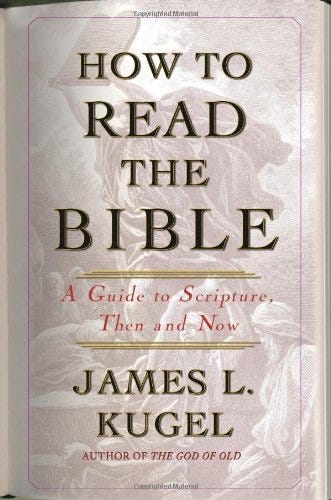
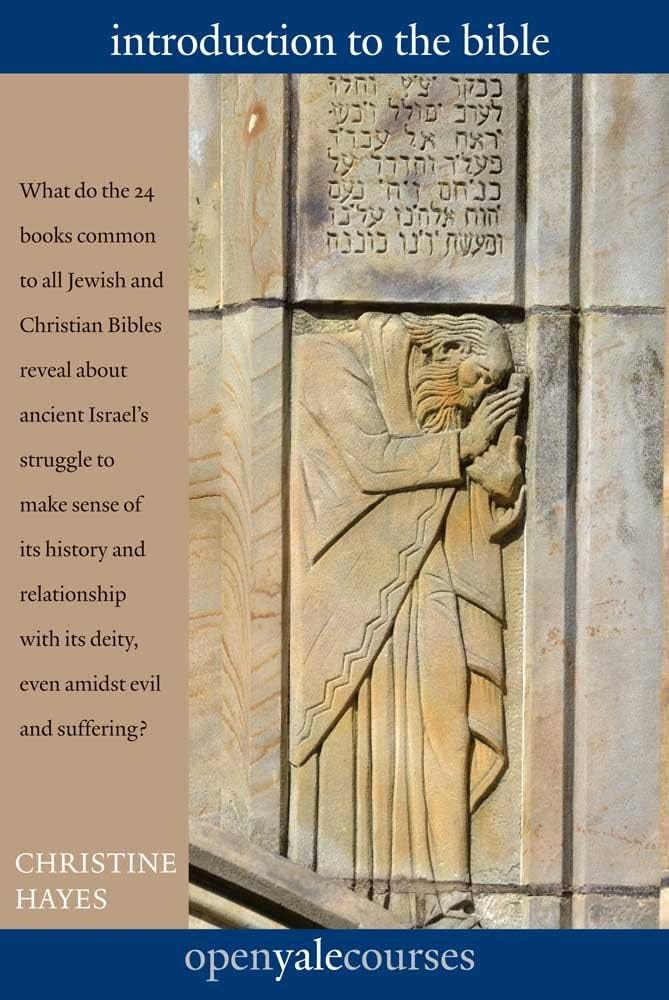

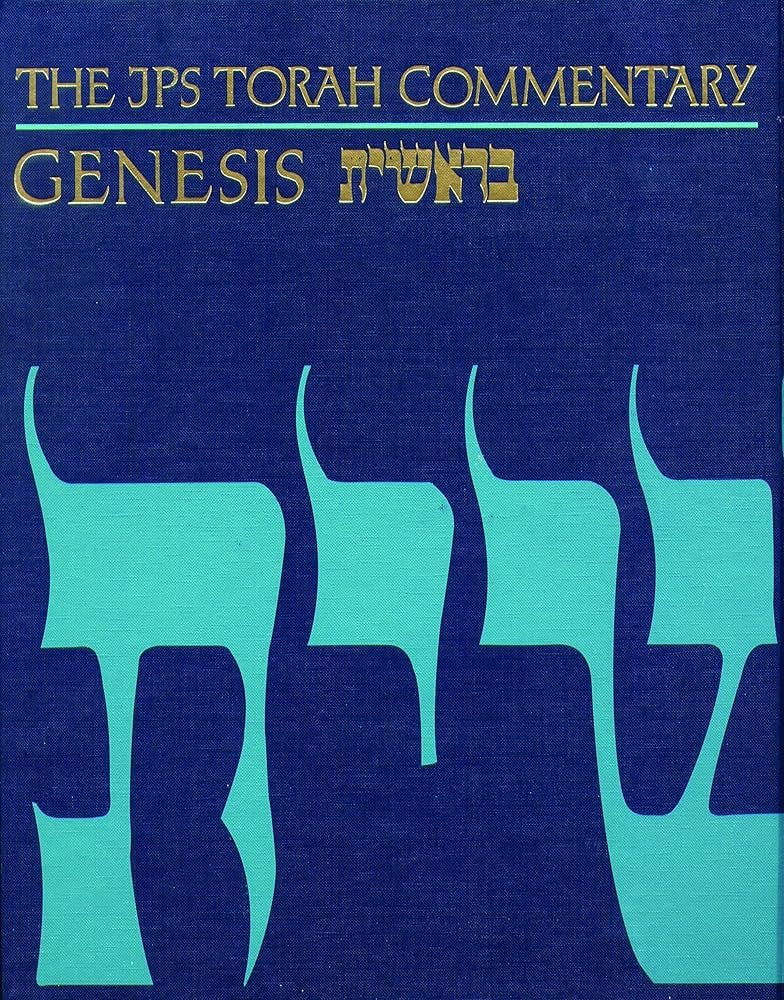

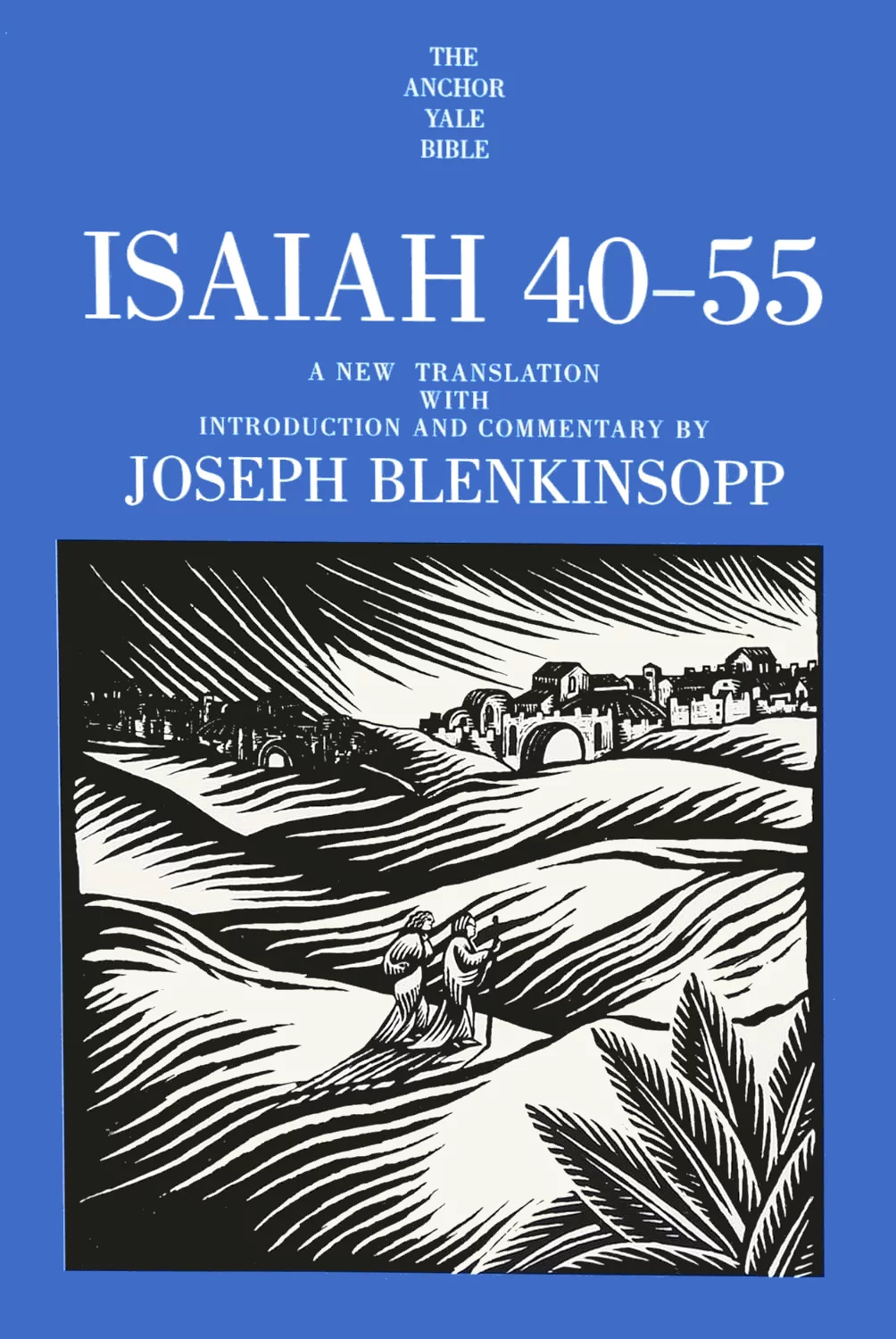
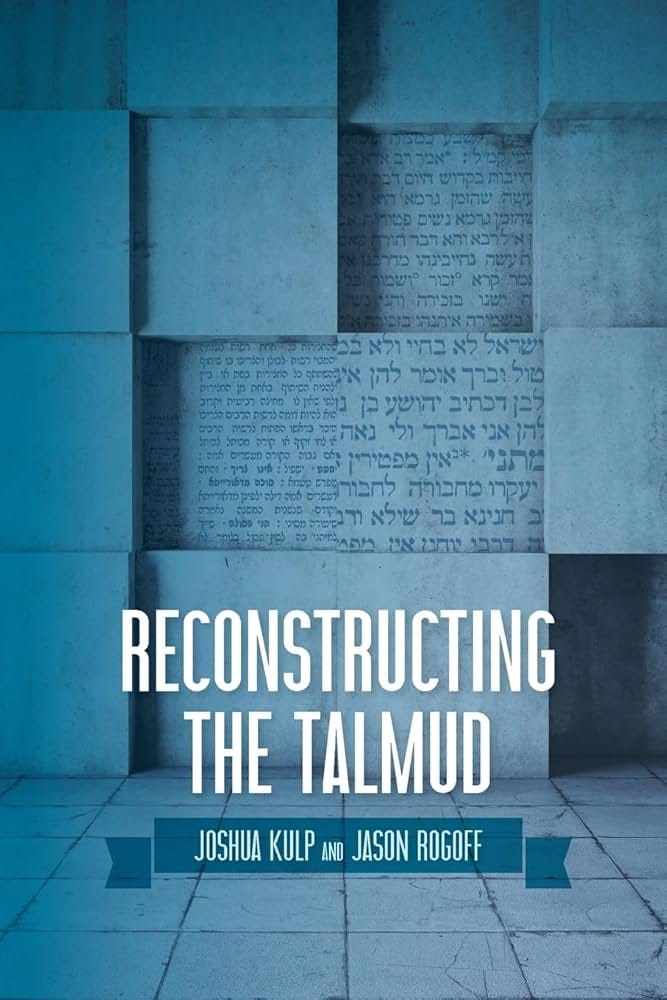
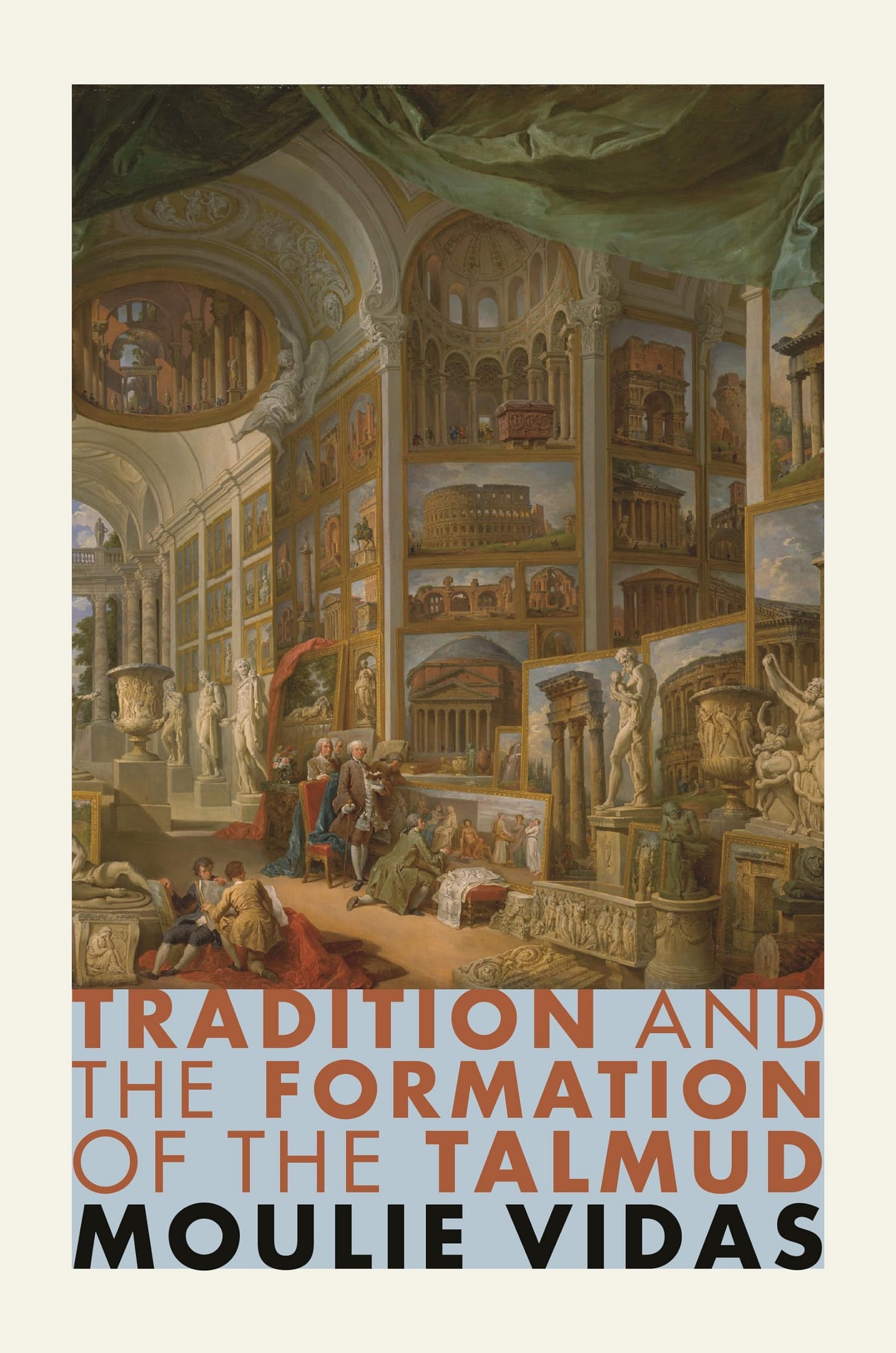
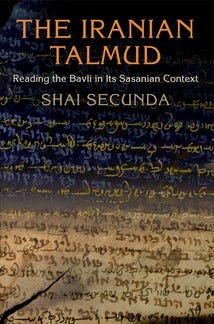
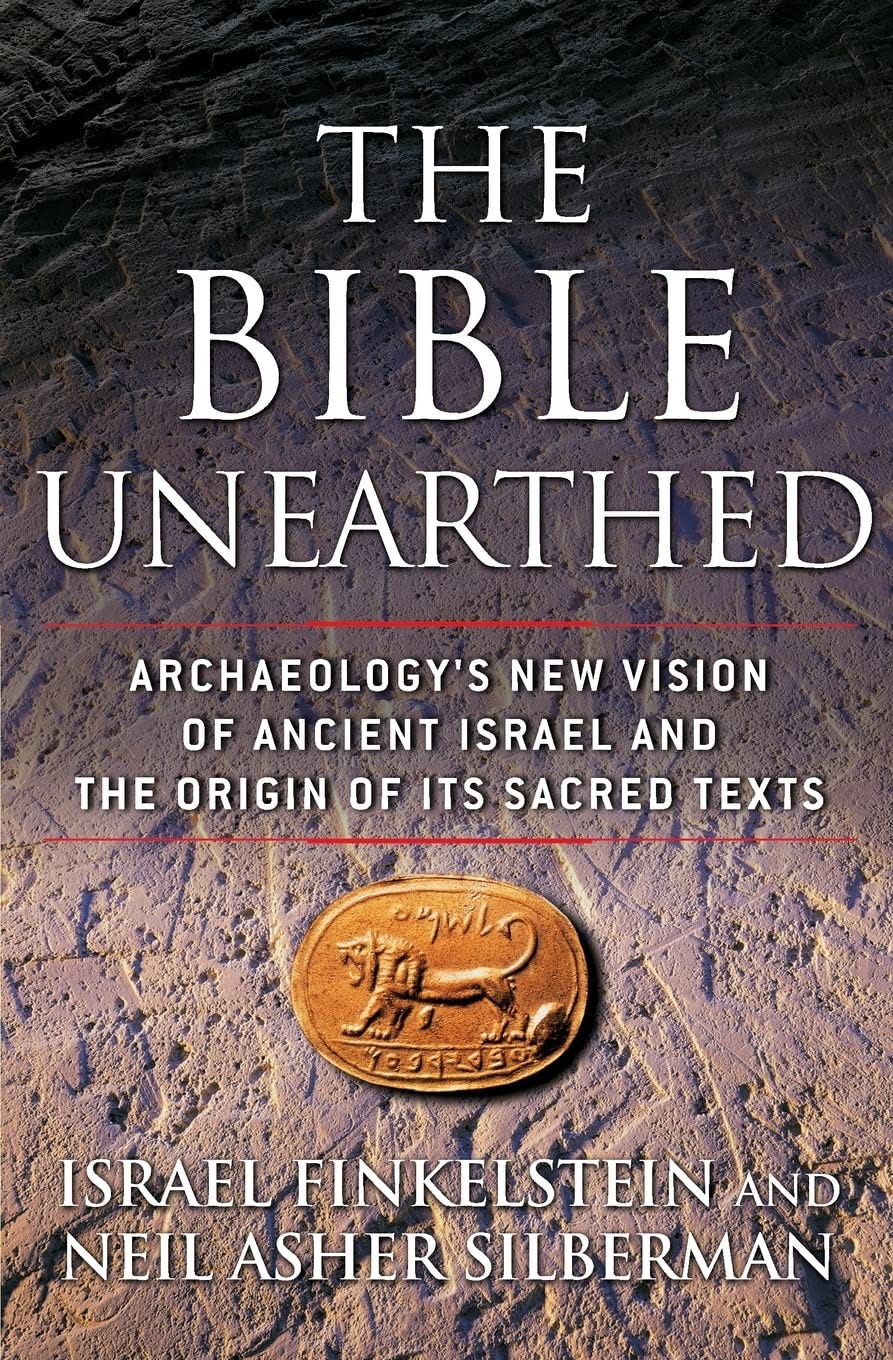
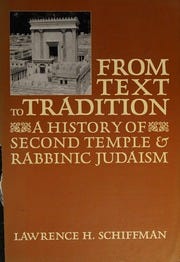

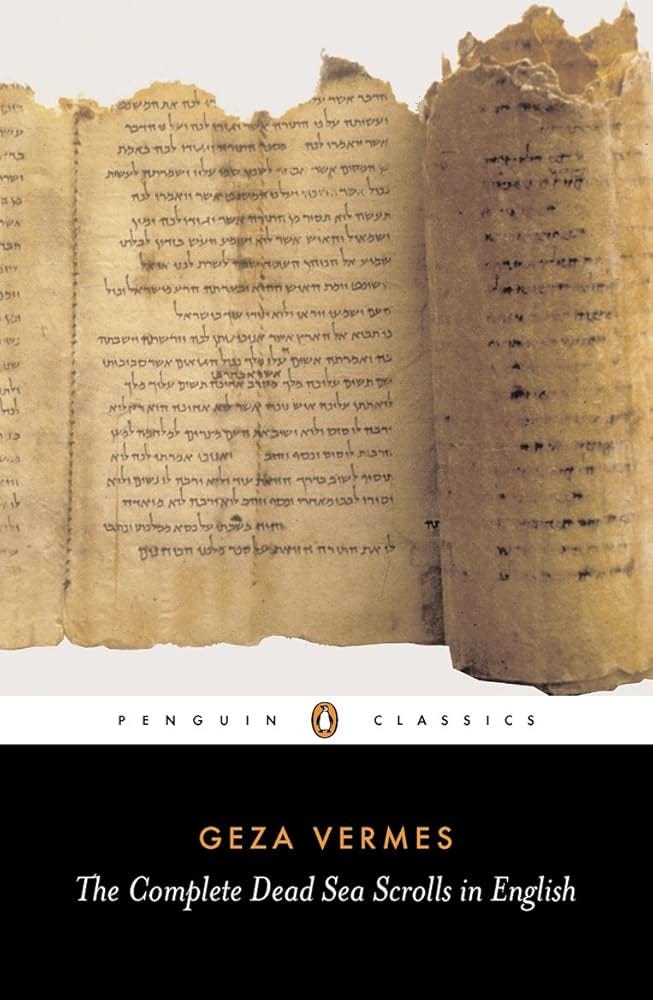

Another incredible resource for Bible scholarship, really high quality, written by experts, very accessible: https://www.thetorah.com/
Great list.
There's a few books missing:
How To Read the Bible is probably Kugel's weakest work. His The Great Shift is majestic.
I loved Gila Fine's the Madwoman in the Rabbis Attic. It's published by a frum publisher, has a blurb from R Jonathan Sacks, and reads like a novel, and is possibly the best pirush I have ever seen on aggadata.
Robert Brody is a name you missed as well.
I would also add Koren's new Tanakh of the Land of Israel. They do a good job with integrating the new scholarship with Orthodoxy